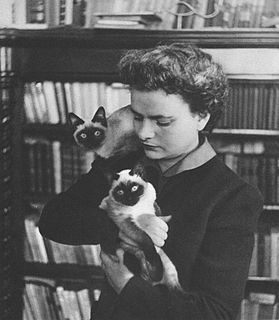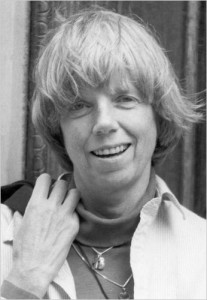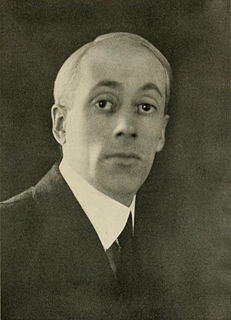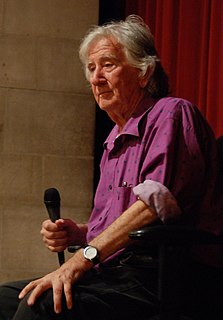A Quote by David Hume
I do not think a philosopher who would apply himself so earnestly to the explaining the ultimate principles of the soul, would show himself a great master in the very science of human nature, which he pretends to explain, or very knowing in what is naturally satisfactory to the mind of man.
Related Quotes
Complaisance, though in itself it be scarce reckoned in the number of moral virtues, is that which gives a lustre to every talent a man can be possessed of. It was Plato's advice to an unpolished writer that he should sacrifice to the graces. In the same manner I would advise every man of learning, who would not appear in the world a mere scholar or philosopher, to make himself master of the social virtue which I have here mentioned.
Immediately upon the fall, the mind of man shrank from its primitive greatness and expandedness, to an exceeding smallness and contractedness... Before, his soul was under the government of the noble principles of divine love, whereby it was enlarged to the comprehensiveness of all his fellow creatures and their welfare... [But] sin, like some powerful astringent, contracted his soul to the very small dimensions of selfishness, and God was forsaken, and man retired within himself, and became totally governed by narrow and selfish principles and feelings.
Man, by his very nature, tends to give himself an explanation of the world into which he is born. And this is what distinguishes him from the other species. Every individual, even the least intelligent, the lowest of outcasts, from childhood on gives himself some explanation of the world. And with it he manages to live. And without it, he would sink into madness.
Your attitude should be the same as that of Christ Jesus: Who being in very nature God, did not consider equality with God something to be grapsed, but made himself nothing, taking the very nature of a servant, being made in human likeness. And being found in appearnace as a man, he humbled himself and becamse obedient to death-even death on a cross!
When you come to knowing God, the initiative lies on His side. If He does not show Himself, nothing you can do will enable you to find Him. And, in fact, He shows much more of Himself to some people than to others—not because He has favourites, but because it is impossible for Him to show Himself to a man whose whole mind and character are in the wrong condition. Just as sunlight, though it has no favourites, cannot be reflected in a dusty mirror as clearly as in a clean one.
What man needs is not just the persistent posing of ultimate questions, but the sense of what is feasible, what is possible, what is correct, here and now. The philosopher, of all people, must, I think, be aware of the tension between what he claims to achieve and the reality in which he finds himself.
The purpose of life seems to be to acquaint a man with himself and whatever science or art or course of action he engages in reacts upon and illuminates the recesses of his own mind. Thus friends seem to be only mirrors to draw out and explain to us ourselves; and that which draws us nearer our fellow man, is, that the deep Heart in one, answers the deep Heart in another, - that we find we have (a common Nature) - one life which runs through all individuals, and which is indeed Divine.
Man's knowledge of science has clearly outstripped his knowledge of man. Our only hope of making the atom servant rather than master lies in education, in a broad liberal education where each student within his capacity can free himself from trammels of dogmatic prejudice and apply his educational accoutrement to besetting social and human problems.
Theatre has nothing to do with buildings or other physical constructions. Theatre - or theatricality - is the capacity, this human property which allows man to observe himself in action, in activity. Man can see himself in the act of seeing, in the act of acting, in the act of feeling, the act of thinking. Feel himself feeling, think himself thinking.







































